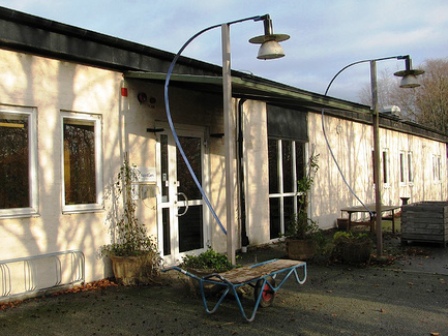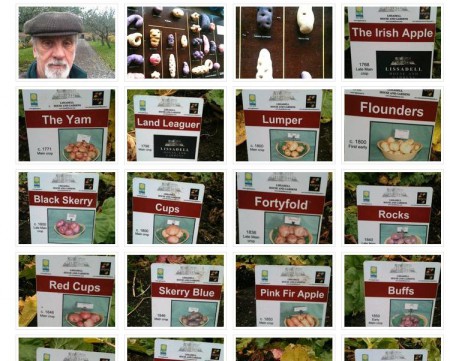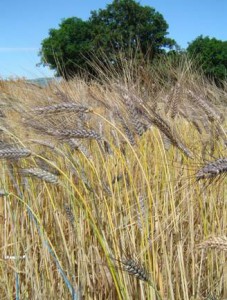I was intrigued by a reference to a genebank in a restaurant review in the Wall Street Journal. Not just any restaurant, but the best restaurant in the world, Noma in Copenhagen, which is “is best known for its fanatical approach to foraging.” Here’s the reference:
Noma helped found a Nordic Food Lab, which has a gene bank that is collating information about the wild products in the region.
Nordic Food Lab does indeed sound interesting (especially its fermentation trials):
Nordic Food Lab is a non-profit self-governed institution established by head chef of Noma, Rene Redzepi and gastronomic entrepreneur, Claus Meyer with the purpose of scientifically exploring the New Nordic Cuisine and disseminating results from this exploration.
But they’re not really establishing a genebank, as suggested by the WSJ piece.
We are collaborating with Nordgen, the amazing bank of genetic material, to evaluate the gastronomic potential of bygone varieties of Scandinavian produce. We will publish our sensory evaluations as they are completed. This promises to be an extremely interesting project; many modern species are produced on other merits besides flavor, and we expect intriguing findings.
Much more sensible.


